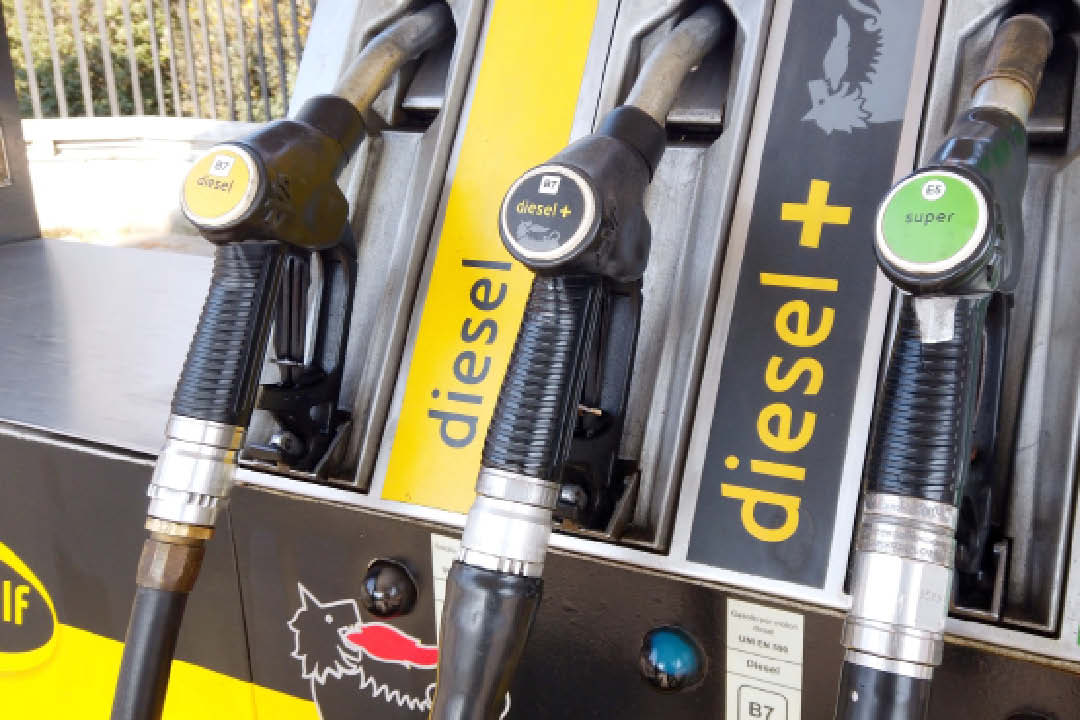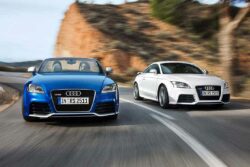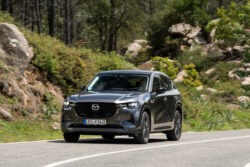How our perception of diesel has changed over time, and why this final downward turn seems to finally be sounding the death knell for the petroleum product once labelled ‘wonderfuel’.
In the 1990s, life was beautiful for diesel. Engine technology improved with every passing year; and while fuel prices were low, supply was buoyant and, as a result, the popularity of this petrol derivative boomed.
The ‘wonderfuel’ revolution permeated the mass market of car production. Rather than an earthy, dirty oil that was once only associated with trucks, coaches and industrial machinery, diesel had funnelled itself through a centre space of transport where it propelled the ambitions of family cars, nippy run-arounds and souped up superpowered showpieces.
Yet the narrative was skewed…
In an unnerving coincidence, the decline of diesel from fuel forecourts started almost exactly a century after the untimely disappearance, in September 1913, of the inventor of the eponymous engine, on his way from Antwerp to Harwich, aboard the Dresden Steamship.
A Paris-born German, Rudolf Diesel saw the potential of his ‘compression ignition engine’, and almost a century later, its popularity finally peaked. Indeed, by 2015, more than half of the new vehicles sold within Europe were fuelled by diesel. Yet all good things must come to an end, and diesel, it seems, soon will too.
Its popularity had a lot to do with reputation. The war effort benefitted hugely from the fuel’s ability to compress resistance in a far better and much more economical way compared to standard petrol.
In the immediate years after WWII, most commercial vehicles began using diesel, and as the road industry expanded, so too did modern business embrace the efficiency and energy of the fuel.
The Eighties boom was down to the realisation that cost-effective performance wasn’t just something that should be exclusive to the commercial vehicle operator, and cars such as the Audi 100 pioneered electronic control of the diesel engine for the first time. This advancement did huge things in terms of emissions, refinement and power; with the engines themselves benefitting from much greater power density thanks to tighter tolerance and improvements in fuel injection technology.
The marketing plan lasted a generation before the first chinks in the armoury were spotted. They arrived in 2015 and came bundled up as full-on warfare in light of the VW emissions scandal, although three years previously scientists spoke of the “silent killers” that particulate matter (PM) and NOx (nitrogen oxides and oxides) were proving to be.
Rapidly, diesel exhaust was declared a carcinogenic which put it in the same category as mustard gas and asbestos, causing lung cancer, and investment was backtracked. The Mexico City, Athens, Paris and Madrid mayors all pledged to outlaw diesel cars from city centres by 2025. Meanwhile London accelerated its commitment to low-emission zones, as well as imposing strongly prohibitive toll charges designed to quell the diesel storm.
In 2023, the commitment now is not to reconfigure, repackage or reduce, but to cease the production of diesel vehicles altogether, with petrol not so far behind, one would imagine.
The notion of a reprieve is scant. Fuel and maintenance costs are far lower with EVs and hybrids – the vehicles have fewer working parts needing to be fixed or replaced – and while the global energy crisis is rapidly pushing up the cost of utilities, its price elevation is no worse than that of fossil fuels.
The death knell has sounded, and with it comes frustration that the promises of diesel’s longevity – where motorists would complete a life cycle of car purchases – have turned out to be false. Now the marketing is over diesel compensation schemes – a clean statement for admitting fiscal culpability.
Diesel (over petrol) always represented a choice for motorists. The modern evolution of motoring removes that, because in simple terms, if you’re not electric, you’re not a part of the game.
Image: shutterstock_2133464791







